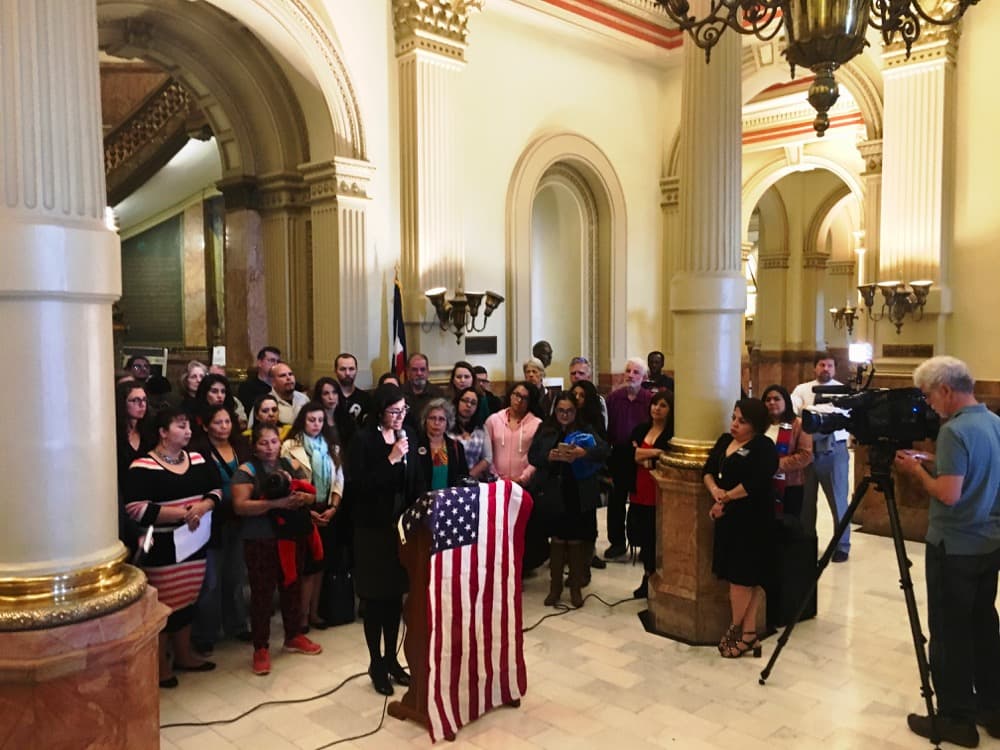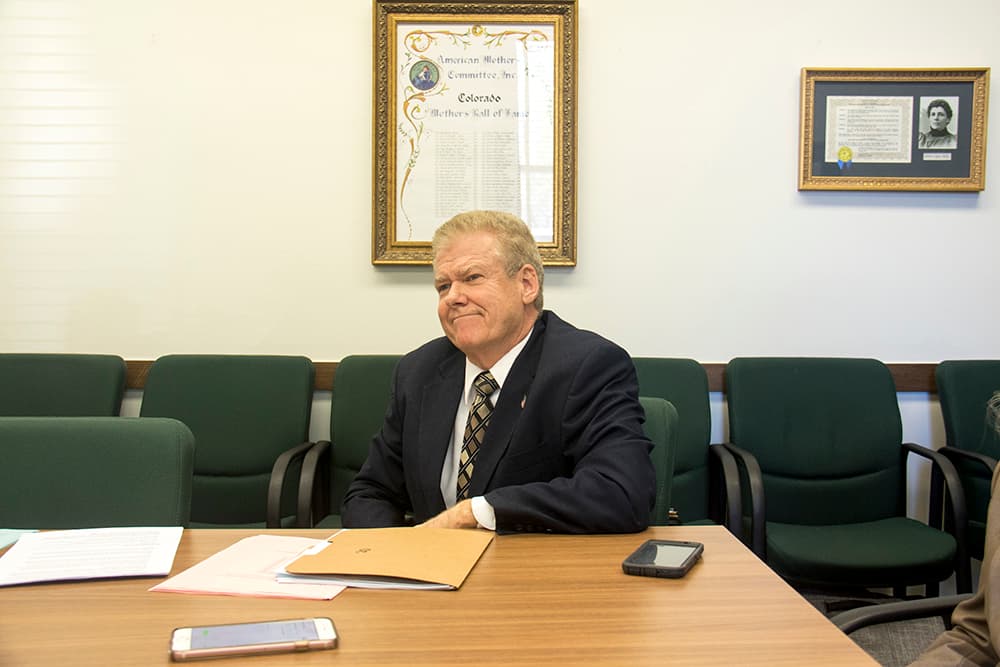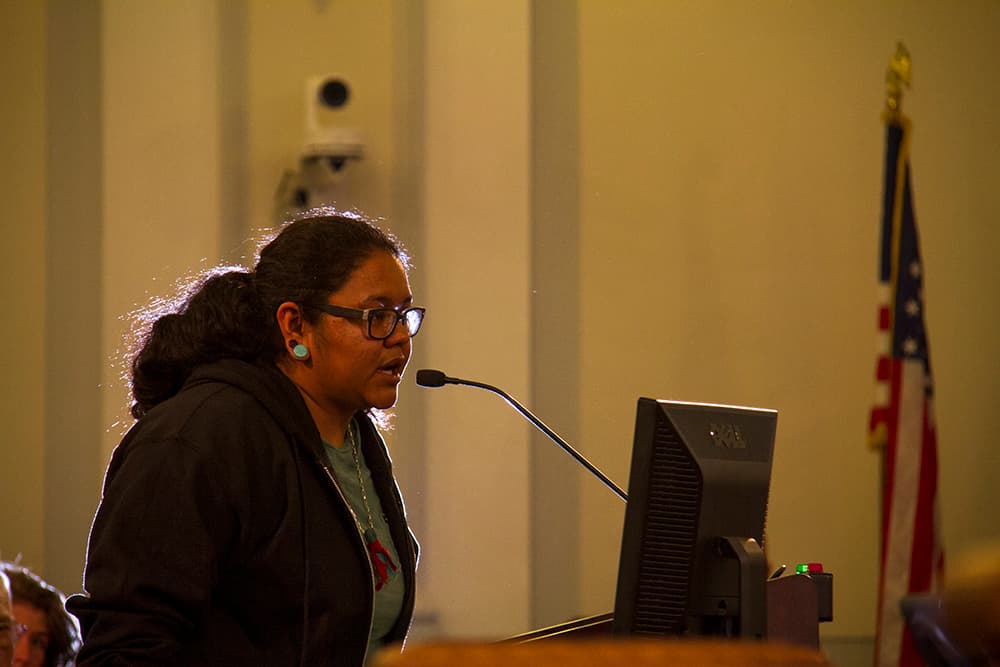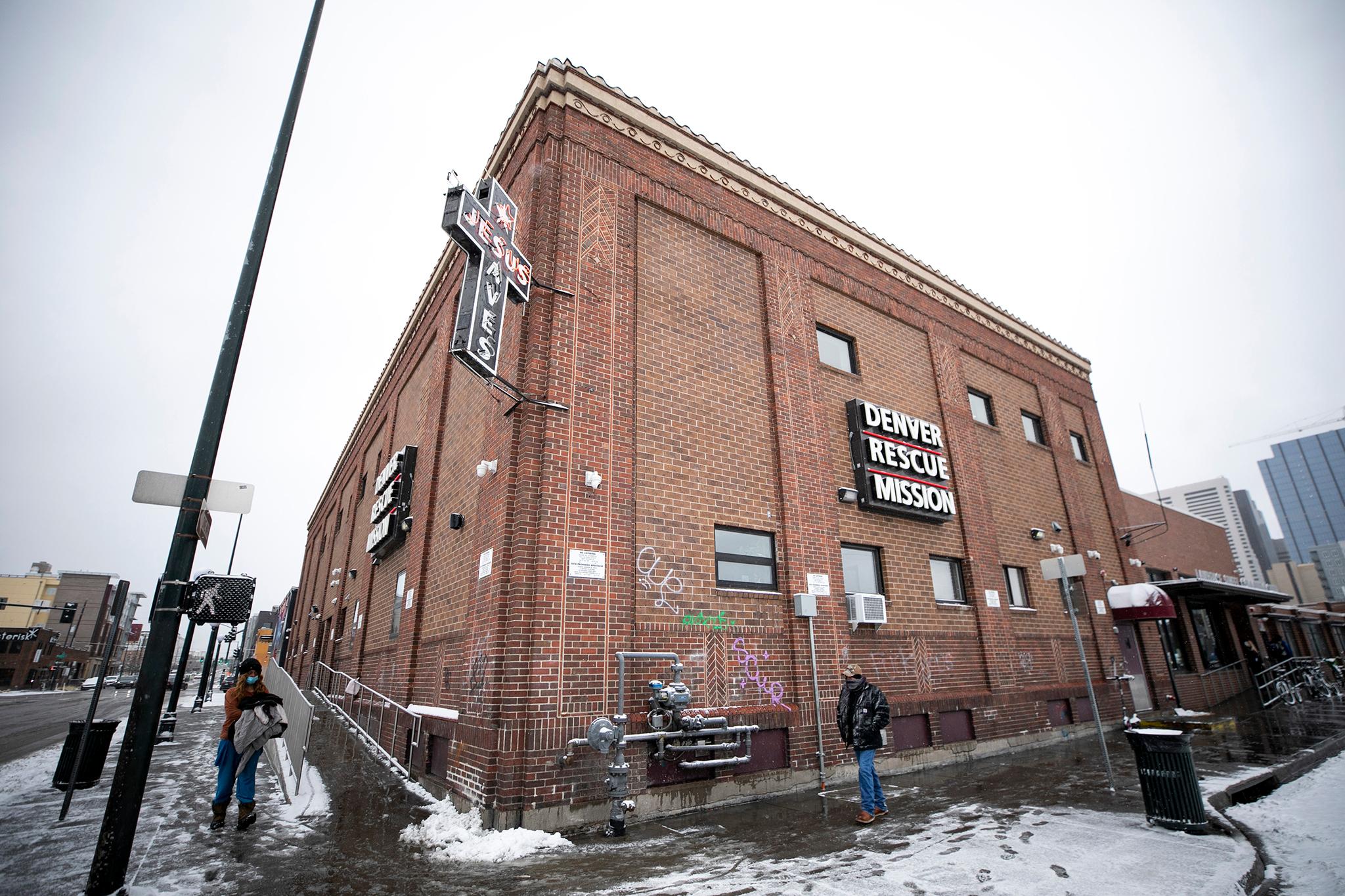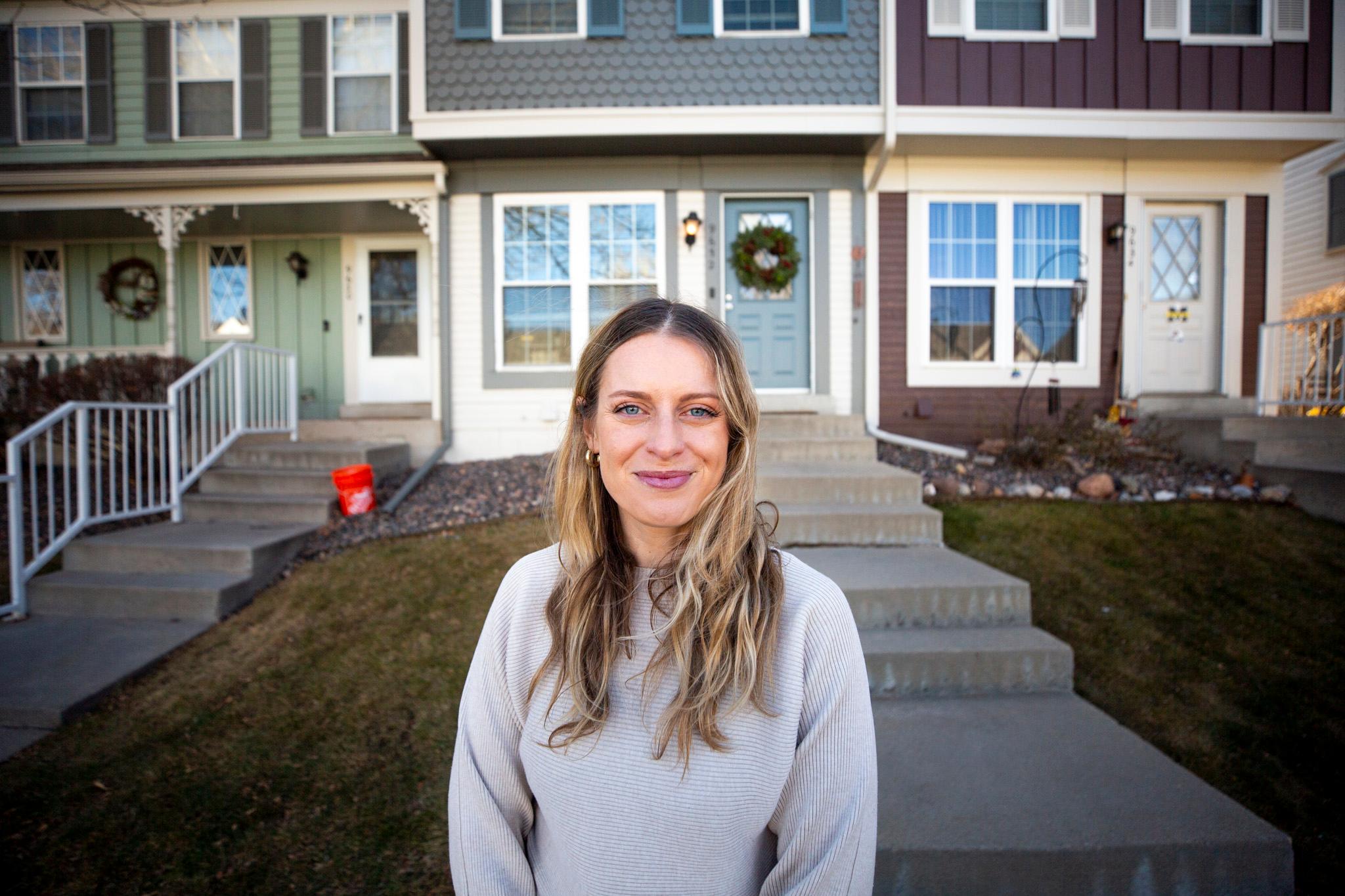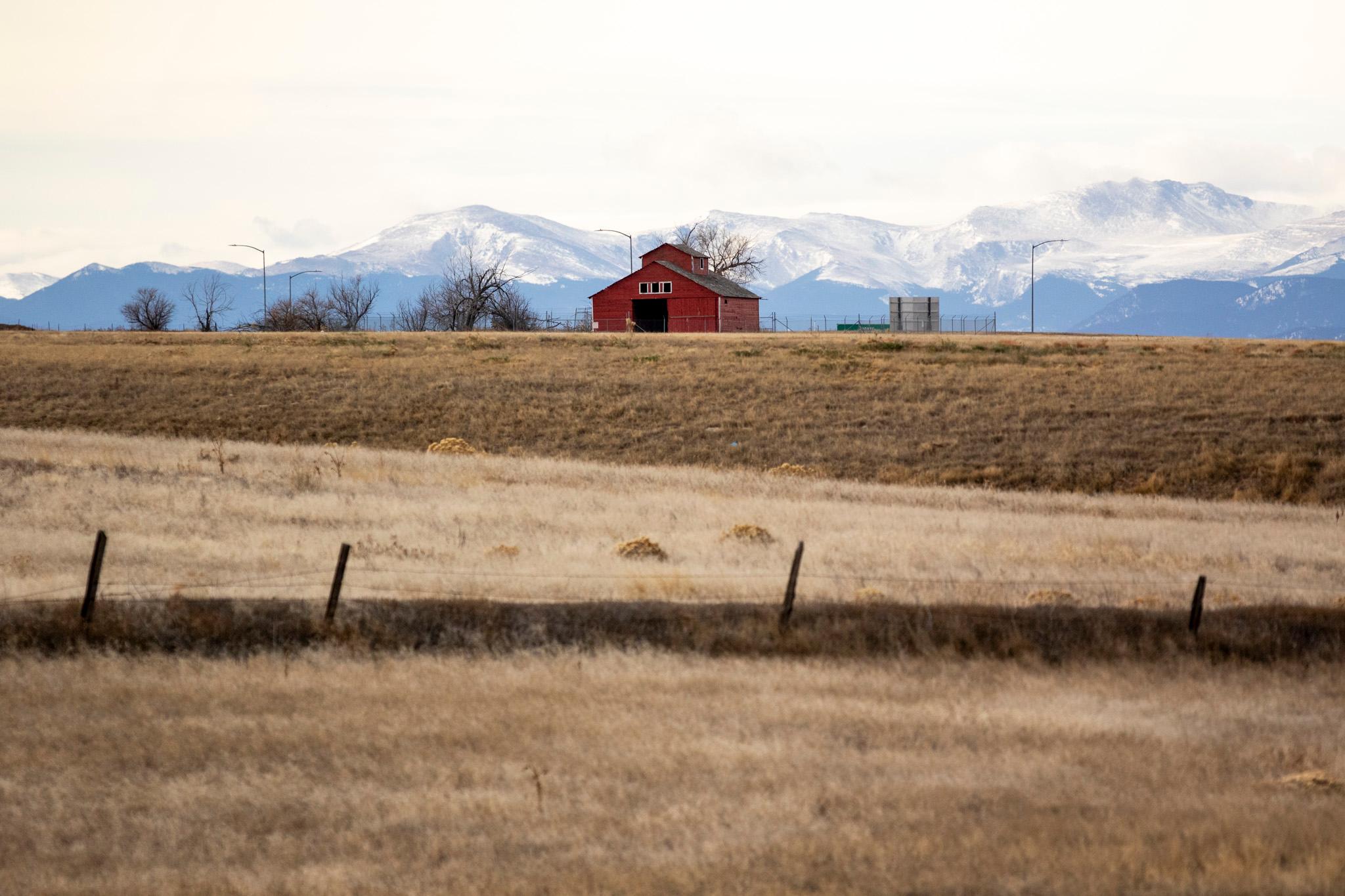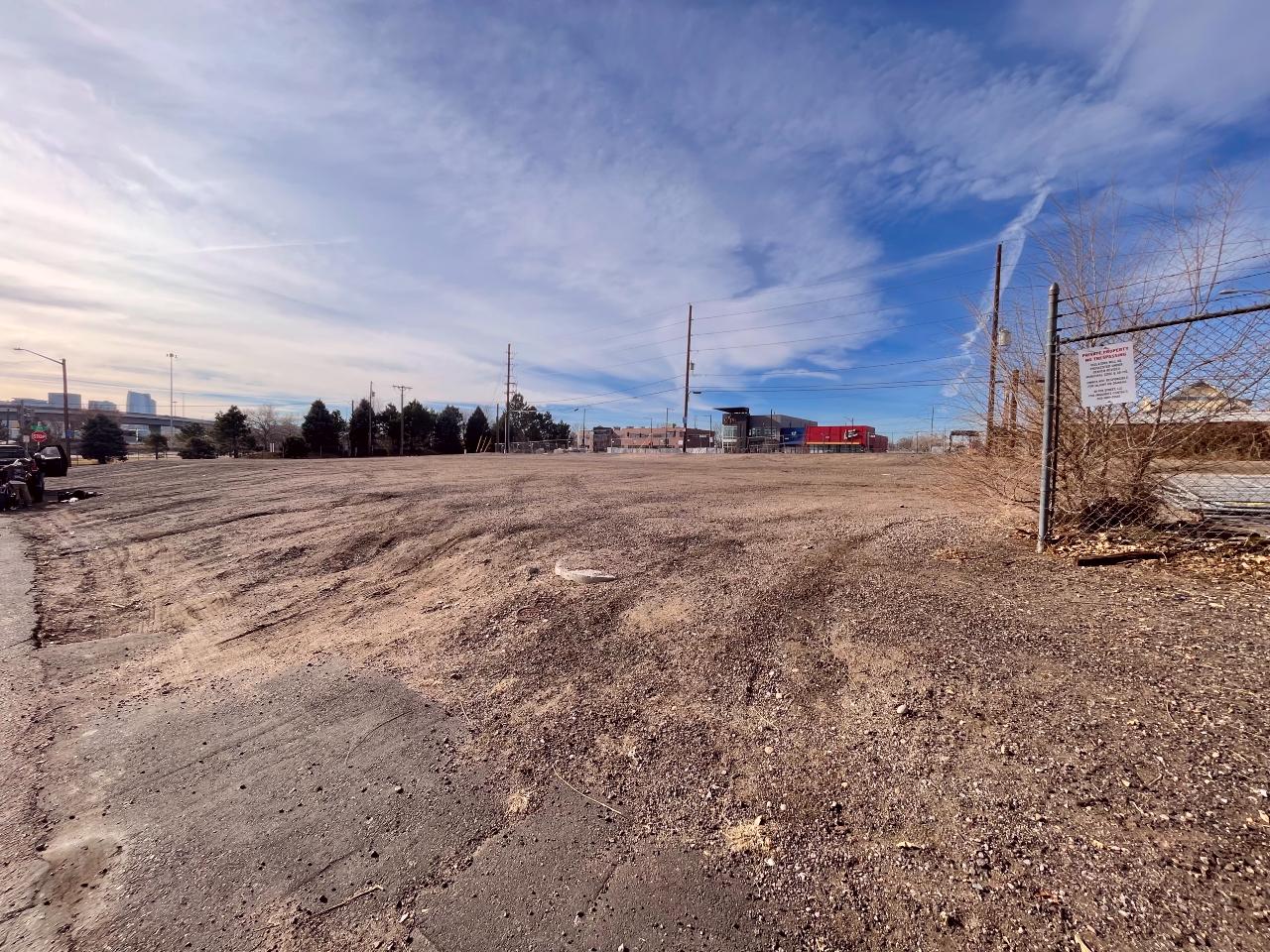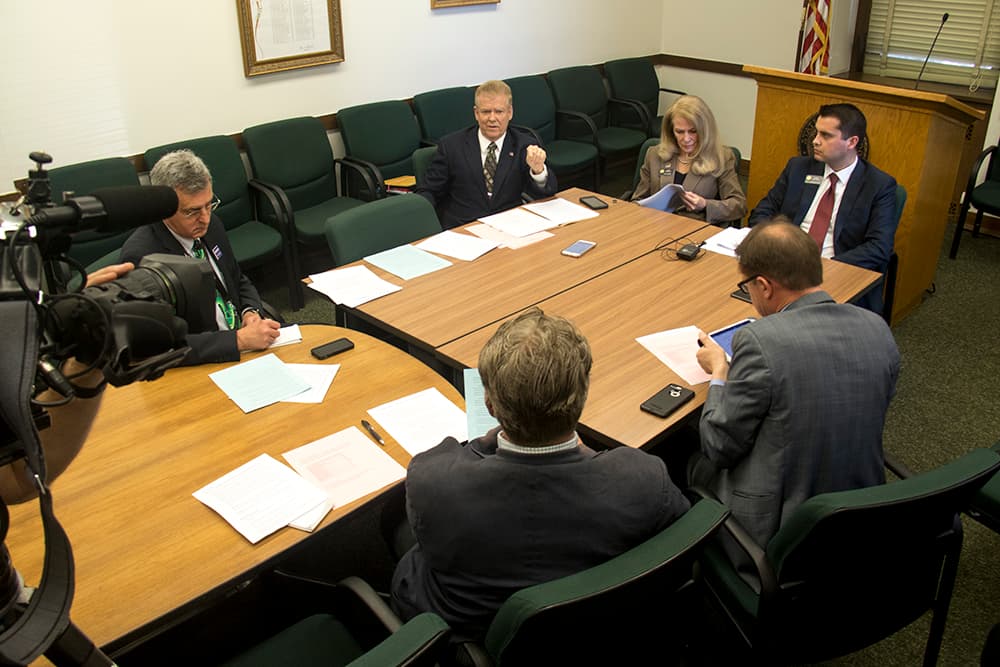
The sanctuary cities debate is back, with Republican legislators following the Trump administration's lead in an attempt to deny government funding to cities perceived as friendly to undocumented immigrants.
Earlier this year, Democrats in the state House rejected a Republican bill that would have made local officials in so-called "sanctuary" cities liable for the crimes of undocumented immigrants.
Now the same idea is back before the legislature, with four Republican lawmakers introducing a bill that would define and punish those sanctuary cities.
"Polling on this is very high. This is very popular with the people in the state of Colorado. They want to be protected," said Sen. Vicki Marble, citing a poll whose name she couldn't immediately recall, at a press conference with the bill's other sponsors.
The bill has a slim chance of surviving the state House, where Democrats rule.
The new bill would require that local governments submit written reports and affirm each year that they are "in compliance with federal immigration law." The state would compile and publish a list of those supposedly uncooperative governments, much like the federal government is doing.
The bill also would require that the state withhold the payment of "any state funds to any jurisdiction that is found by the department to have failed to comply..."
Finally, it brings back the idea that local leaders in these cities should be liable – or vulnerable to lawsuits – when an undocumented person injures someone in a criminal act.
Like the previous bill, it is sponsored by Marble and Rep. Dave Williams, who are joined now by Sen. Tim Neville and Rep. Phil Covarrubias.
"The criminal aliens are attracted to sanctuary jurisdictions because they’re less at risk," Neville said.
The bill does not name specific cities as targets, and Sen. Tim Neville said in an interview that he did not have any specifically in mind. He said he wanted the bill to bring cities to the table and give them a chance to change their policies.
"Many cities and counties are saying right now that they’re not sanctuary cities," he said. "This gives everybody an opportunity to take a look at their regulations and how they enforce laws."
Both Denver and Aurora have tiptoed around the "sanctuary city" label. Denver, like most Colorado jurisdictions, does not honor Immigration Customs Enforcement requests that it hold people in jails on ICE's behalf, as immigration is a civil rather than criminal matter.
Denver does provide ICE information about when people will be released, although in one recent, controversial case that notice came only at the last minute.
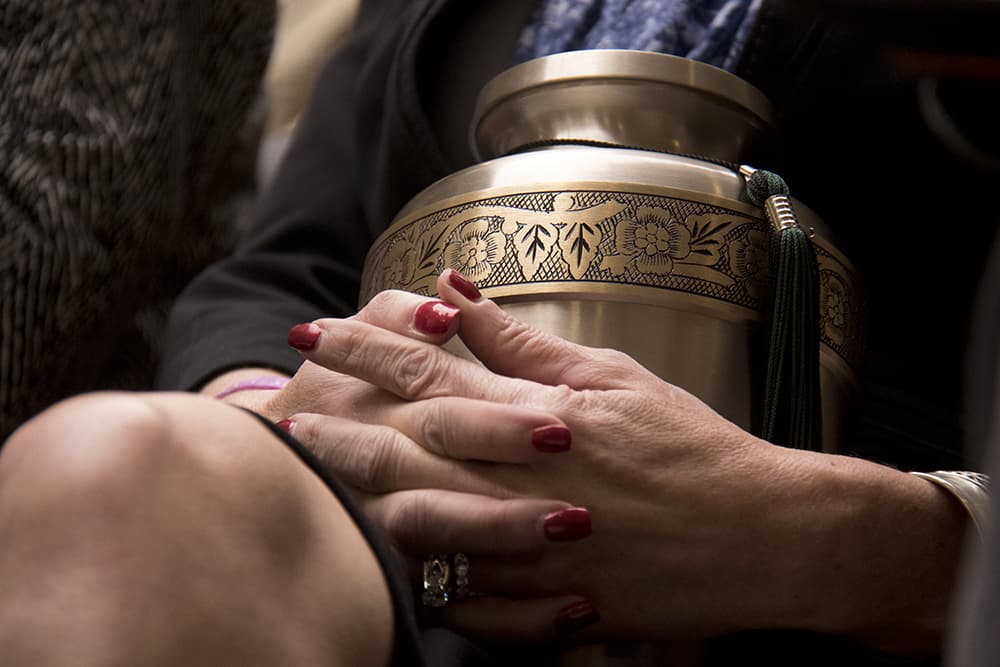
Opponents of the prior anti-sanctuary bill said that it made a scapegoat of immigrants, highlighting their blame for violent crimes.
Asked whether he believed that unauthorized immigrants commit crimes at a higher rate than the general population, Neville demurred. "I don’t really have an answer for that specifically," he said, adding that he would leave it to the public to determine.
" ... When any community decides that they’re not going to enforce any specific laws, they’ve actually increased the risk. They've actually increased the risk of whatever to their citizens."
As the press conference concluded, Charles Heatherly, director of policy and strategic initiatives for Senate Republicans, handed me a sheet detailing the costs of holding undocumented immigrants in Colorado jails, additionally claiming that they are jailed at higher rates than the general population. Immigrants generally are jailed less often than native-born residents, but information on undocumented immigrants is scarce. I've asked Heatherly for more information on his claim.
Last time this argument happened, immigrant advocates said that cities drive undocumented people into the shadows when they cooperate with federal immigration authorities. The threat of deportation, they argue, discourages people from reporting crimes, making them more vulnerable to abuse.
"No matter how much suffering she went through, we were not allowed to call the cops. We were forbidden because that was a death sentence for our family,” said Ana Temu, explaining her family's silence about the domestic violence that her aunt suffered.
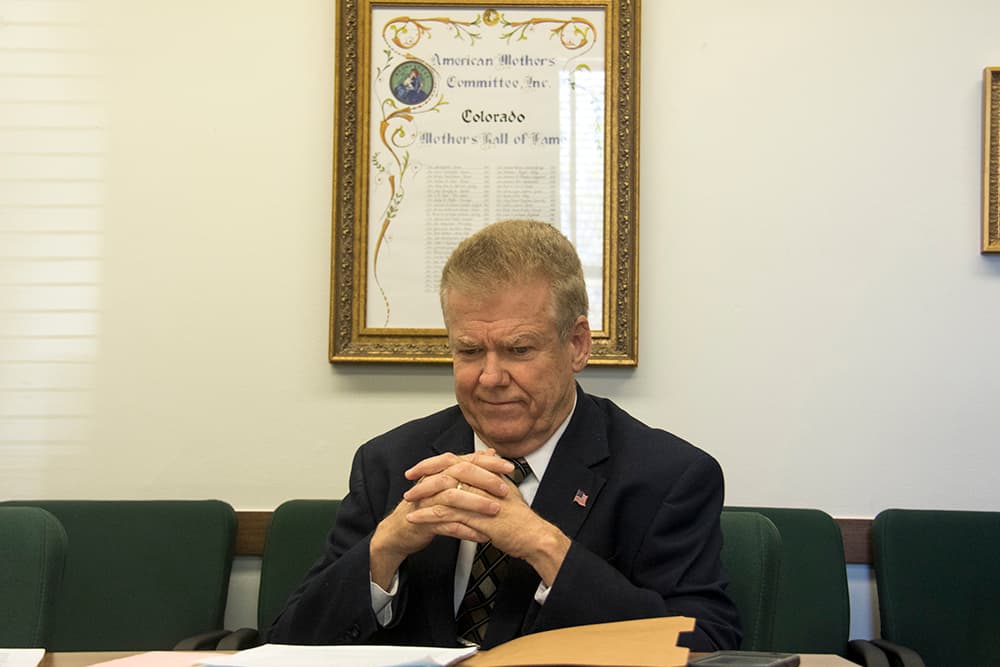
Later, Neville said that his focus was people who had committed a crime after arrive in the country. The federal government is "telling you there’s a problem with this individual, and the city says either we don’t care or we don’t want to participate, then they’ve created a higher risk for their individuals - or a potentially higher risk, at least."
Asked what the government should do to engage with unauthorized immigrants, he said that "Like anything else, I think good neighbors take care of good neighbors. People should all try to take care of each other."
He concluded: "The first thing you start with is, we're a nation of laws. Enforce the laws."
